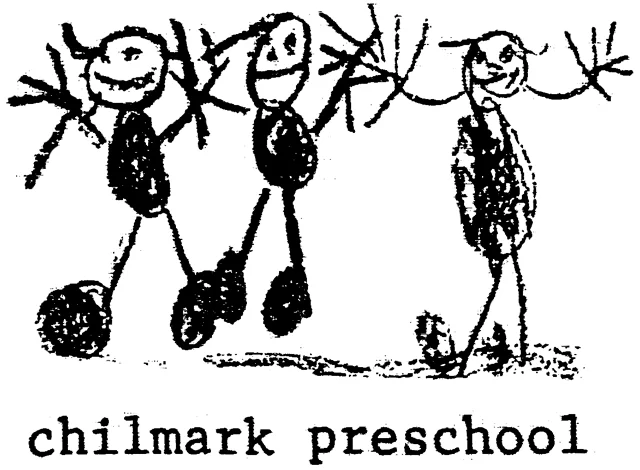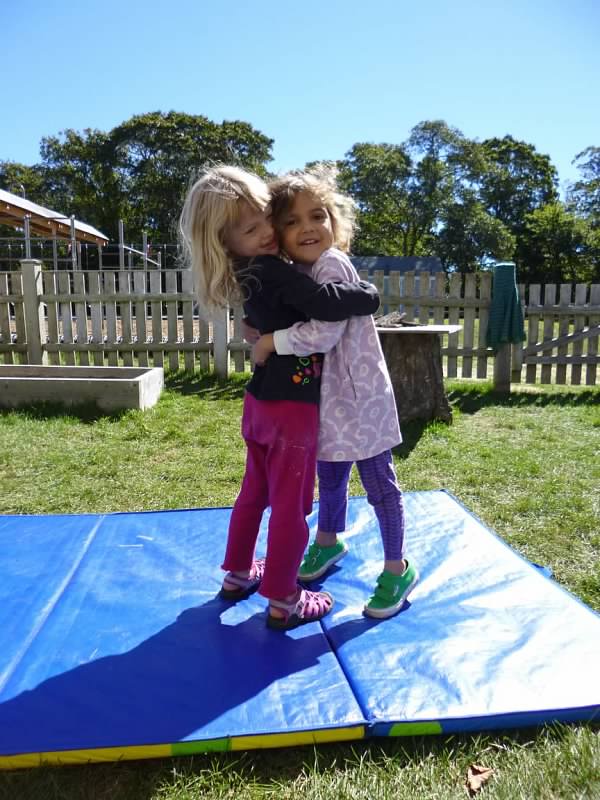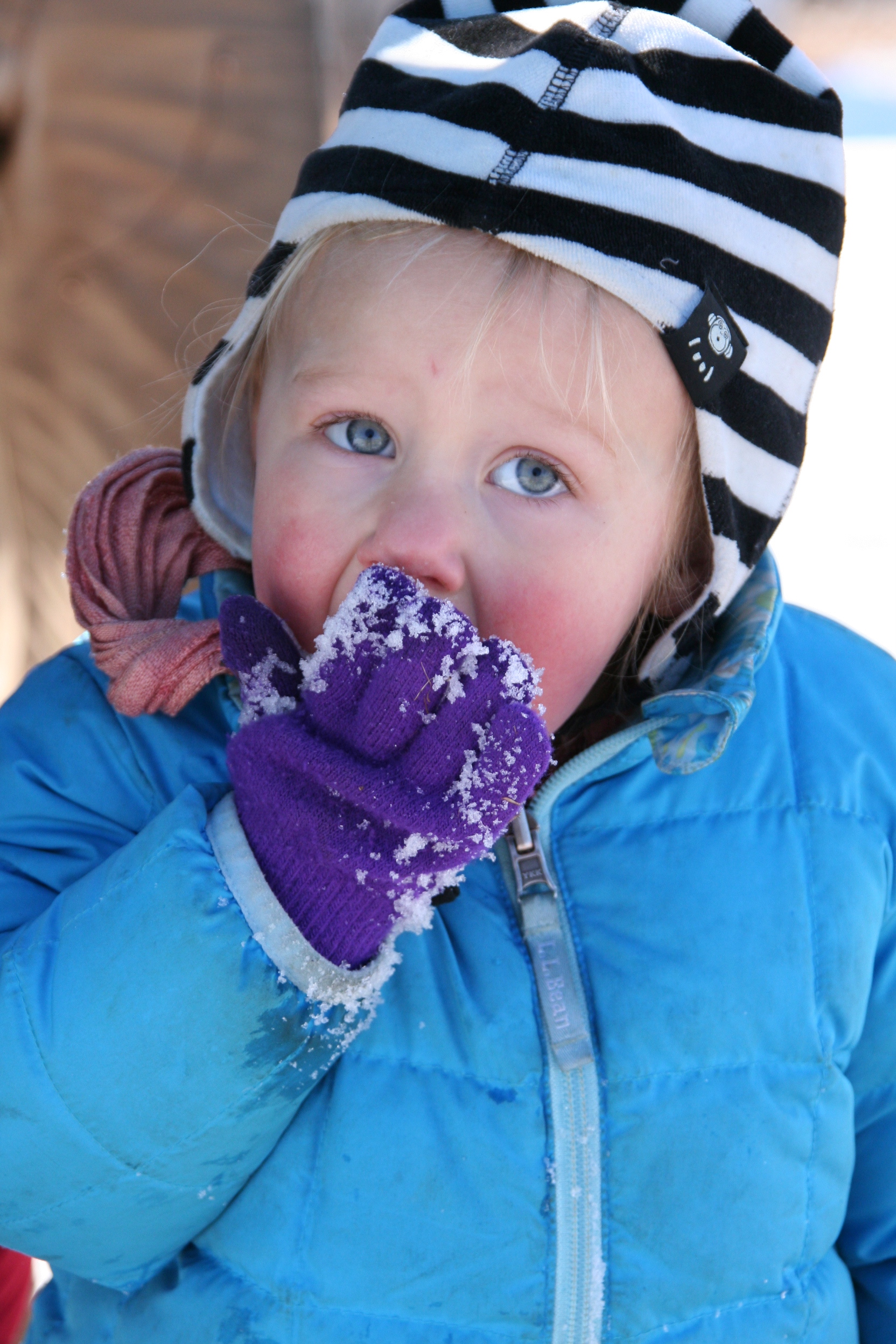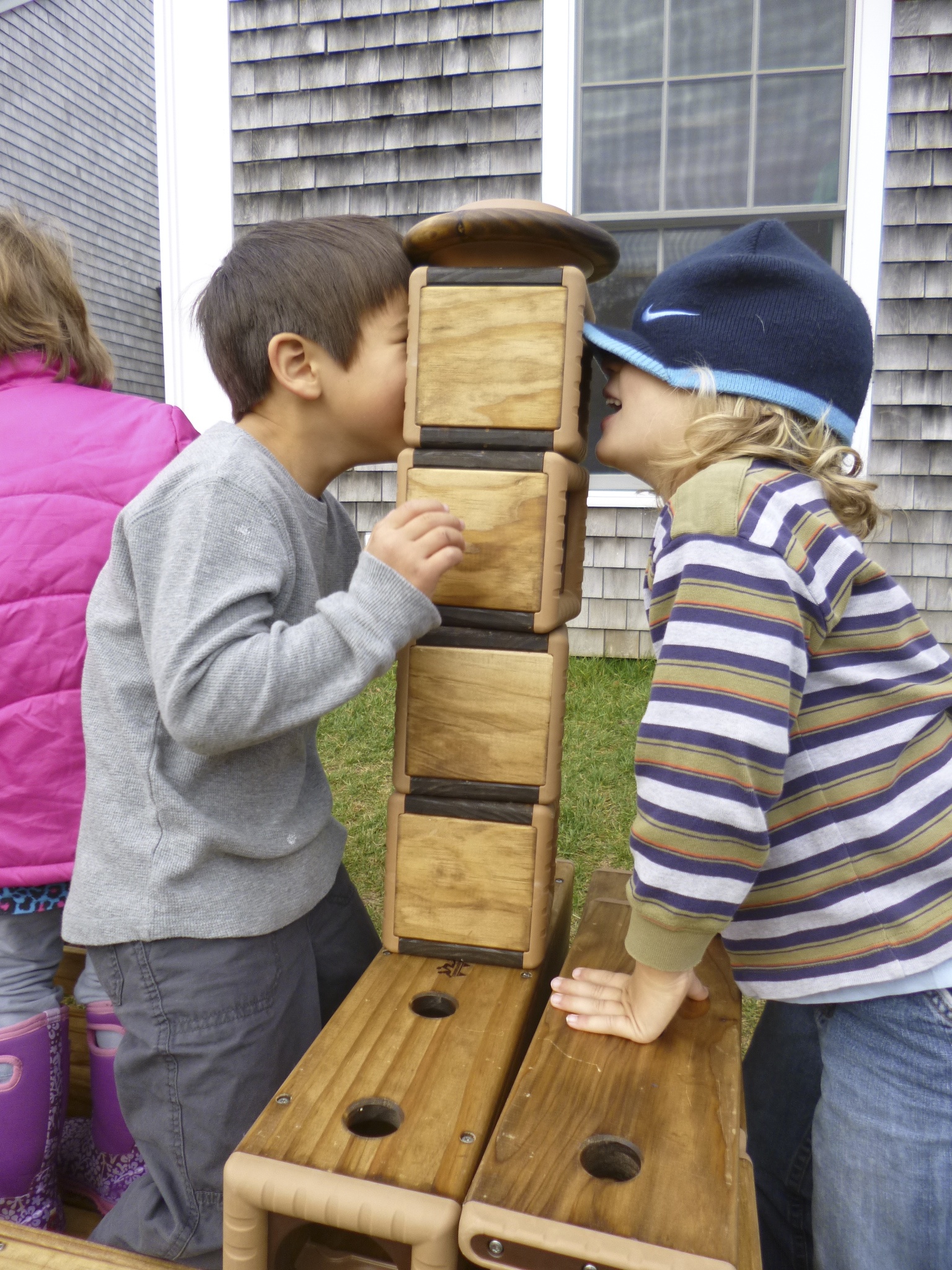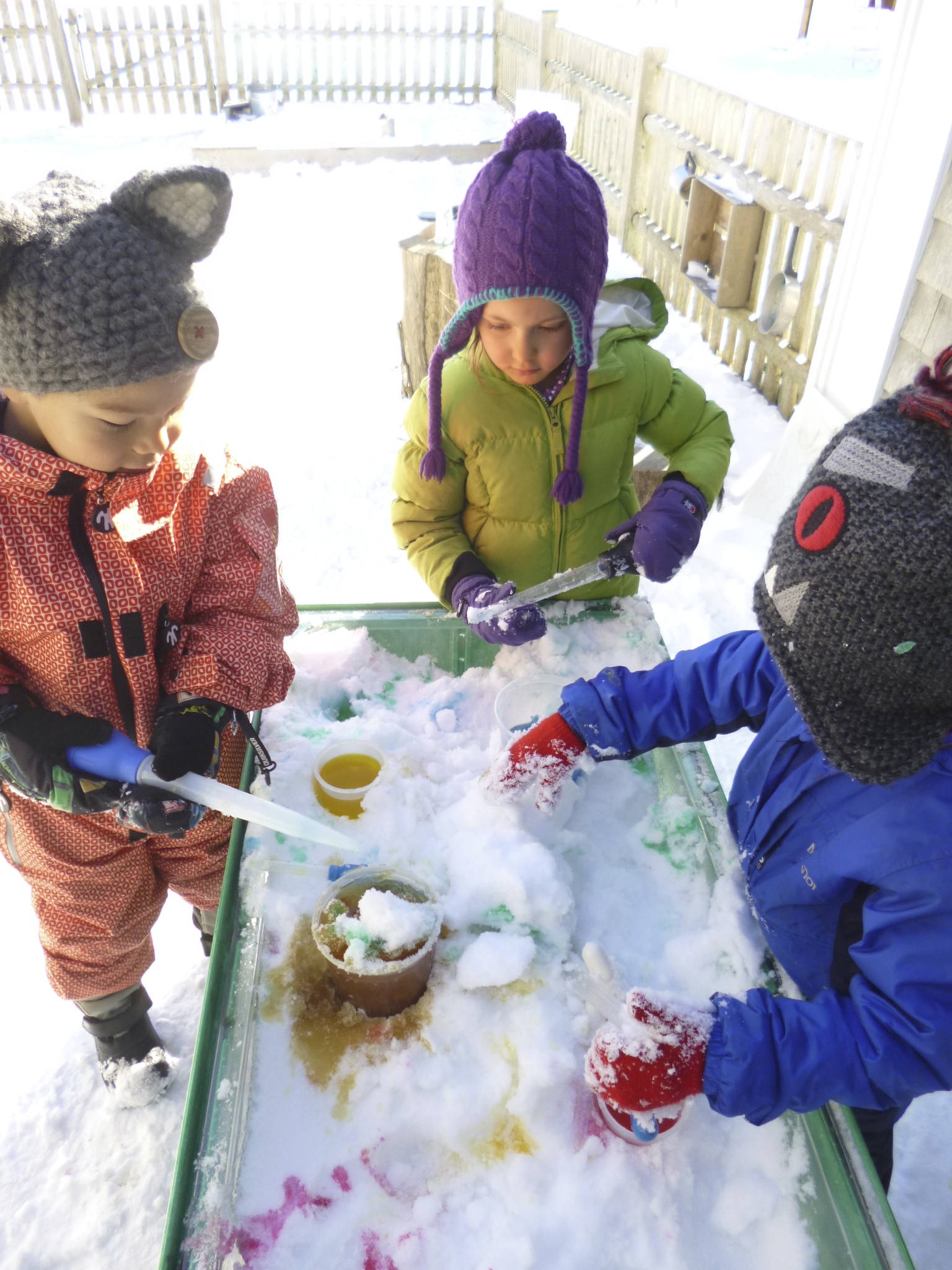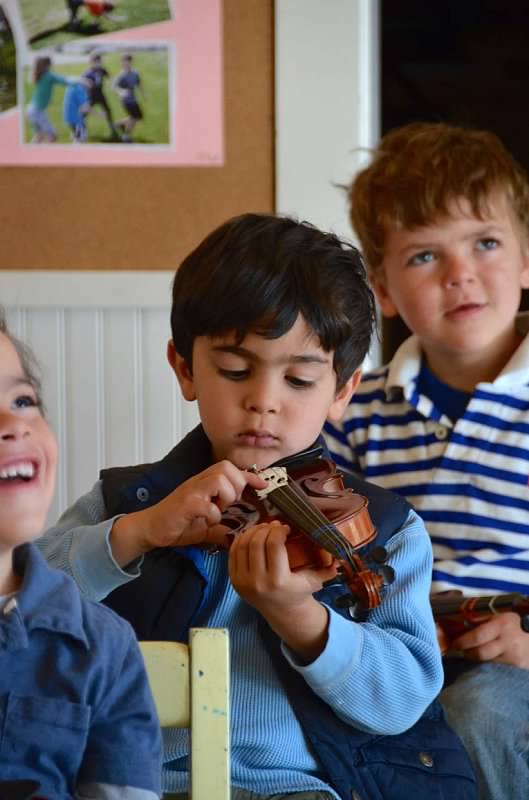Philosophy
We believe that it is essential to create a physical and social environment that promotes respect for all, a positive learning atmosphere and a safe place where children are valued as individuals. Children are viewed as competent, curious, resourceful and creative. It is their genuine enthusiasm for learning about the world around them that drives our curriculum.
The daily activities at Chilmark Preschool reflect these values and visions. The teachers have a strong knowledge of child development and recognize the value of predictability and consistency. They are careful observers, listeners, program planners and guides. Our curriculum is not set in stone at the beginning of the year, but rather emerges from the interests and needs of the children and teachers. The curriculum that evolves reflects the focus of the Massachusetts Early Childhood Program Standards for Preschool Programs. These standards “structure learning through play and meaningful activities.” Teachers outline the daily schedule, but the curriculum is flexible and evolves based on their careful observations of the children and their interests.
Our classroom materials invite children to investigate, make new discoveries and construct their own knowledge. Through their natural curiosity and spontaneous play children create opportunities to develop number concepts, build early literacy skills, explore their natural world and express themselves in a wide variety of ways. Throughout the school day teachers help children to understand their emotions as well as those of their peers, fostering social relationships that are built on mutual respect and cooperation. These meaningful and enriching experiences build a sense of confidence, competence and a love of learning. We strive to foster parental growth and education through community events and educational opportunities and encourage and support the continued professional development of our staff. Teachers and parents work as partners to facilitate and nurture each child’s development in all areas.
Collaboration and cooperation between teachers, parents, children and the larger community is central to the success of our inclusive early childhood program. Children will explore their island community through rich experiences such as walking field trips, nature studies and community visitors. It is important that children feel a part of their own classroom community as well as a part of the larger community. Experiences such as these will encourage children to become enthusiastic participants in the world in which they live.
“In light of the rapidly expanding and changing society for which the family and the schools are presumably preparing children to become productive members, an awesome responsibility faces parents and other educators. For example, specific subject matter may be obsolete even before the child completes his formal schooling. It would appear, then, that an education based on the development of complex, yet flexible, learning strategies may best prepare children to become contributing members of a highly symbolic society. Play, which is the young child’s most natural expressive form, appears to be a vehicle well suited for the development of learning such strategies as the ability to develop and maintain a planned sequence of activities, the ability to abstract and embody the salient features of a situation or role, the ability to focus one’s attention, and the capacity for objectivity and empathy.”
Nancy E. Curry, “Dramatic Play as a Curricular Tool”
